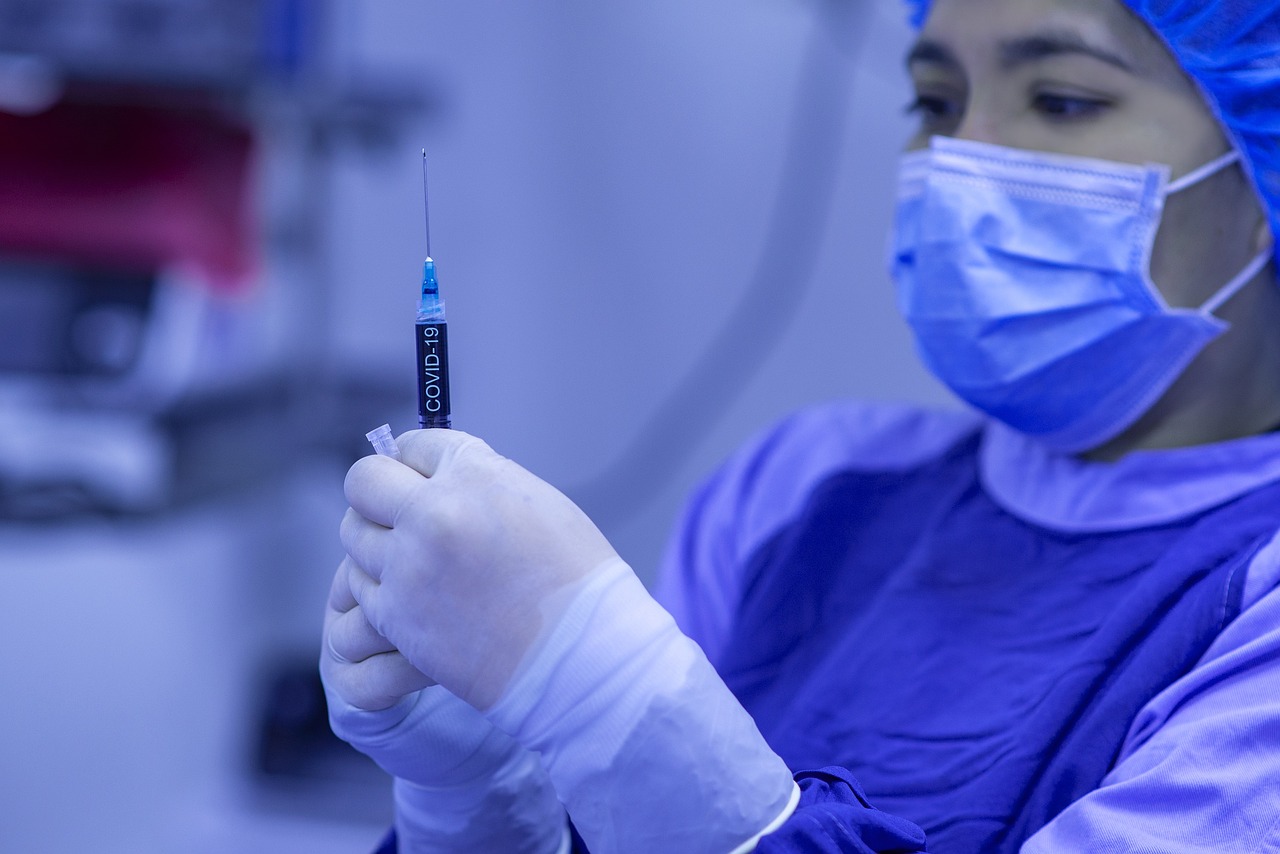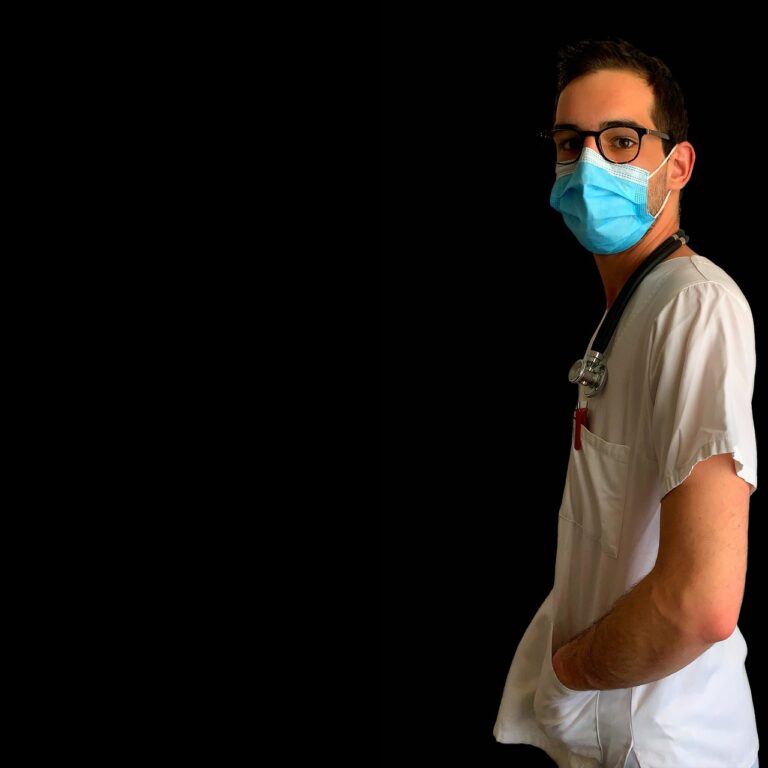Best Nursing Care Plan For Acute Glomerulonephritis
The nursing care plan for acute glomerulonephritis aims to provide comprehensive care to the patient, manage symptoms, prevent complications, and promote recovery. It involves close monitoring of the patient’s condition, administering appropriate medications, implementing lifestyle modifications, and providing education to the patient and their family.
Acute glomerulonephritis (AGN) is a kidney illness that causes inflammation of the glomeruli, which are the microscopic filtering units in the kidneys that remove waste materials and excess fluids from the blood. It is usually the outcome of an immunological reaction produced by a variety of factors such as infections, autoimmune illnesses, and certain drugs.
When the glomeruli become inflamed, their normal filtering function is disrupted, resulting in waste product buildup, fluid retention, and electrolyte and acid-base balance problems.
Read Also: Nursing Care Plan For COPD
Nursing Diagnosis: Nursing Care Plan For Acute Glomerulonephritis
1.Excess Fluid Volume related to compromised renal function and fluid retention.
- This nursing diagnosis addresses the risk of fluid overload due to impaired kidney function.
2.Imbalanced Nutrition: Less Than Body Requirements related to anorexia, nausea, and dietary restrictions.
- AGN can cause a reduced appetite and dietary restrictions.
3.Impaired Urinary Elimination related to decreased glomerular filtration rate and alterations in kidney function.
- This nursing diagnosis addresses the altered urinary elimination patterns associated with AGN.
4.Risk for Impaired Skin Integrity related to edema, altered tissue perfusion, and prolonged immobility.
- AGN and fluid retention can lead to edema and compromised tissue perfusion, increasing the risk of skin breakdown.
5.Risk for Infection related to compromised immune response, invasive procedures, and altered tissue integrity.
- AGN and immunosuppressive therapy can increase the risk of infections. Nursing interventions may include implementing strict infection control measures, monitoring vital signs and laboratory values for signs of infection, educating the patient and caregivers on proper hand hygiene, promoting immunizations as appropriate, and monitoring for signs of infection.
Nursing Intervention and Rationale
Excess Fluid Volume:
- Monitor daily weight and assess for signs of fluid overload, such as edema and hypertension.
Rationale: Monitoring weight and assessing for signs of fluid overload help evaluate the effectiveness of fluid management interventions and detect any fluid retention or worsening of the condition. - Implement fluid restrictions as ordered.
Rationale: Fluid restrictions help prevent further fluid overload and reduce the strain on the kidneys by limiting excessive fluid intake. - Administer diuretics as prescribed.
Rationale: Diuretics promote increased urine output and assist in reducing fluid volume overload by enhancing the excretion of excess fluid. - Promote adequate rest and elevation of edematous limbs.
Rationale: Encouraging rest and elevating edematous limbs improves venous return, reduces dependent edema, and facilitates fluid reabsorption.
Read Also: Nursing Care Plan For Hypertension
Imbalanced Nutrition: Less Than Body Requirements:
- Assess the patient’s nutritional status and dietary preferences.
Rationale: Assessing the patient’s nutritional status and preferences helps develop an individualized dietary plan and identify any barriers to adequate nutrition intake. - Collaborate with a registered dietitian to develop an appropriate diet plan.
Rationale: Collaboration with a dietitian ensures the development of a well-balanced diet plan that meets the patient’s nutritional needs while considering dietary restrictions and preferences. - Monitor daily dietary intake and provide nutritional supplements if necessary.
Rationale: Regular monitoring of dietary intake helps identify any deficiencies and adjust the diet plan accordingly. Nutritional supplements may be necessary to address specific nutrient deficiencies. - Encourage small and frequent meals.
Rationale: Promoting small and frequent meals helps improve appetite and digestion, making it easier for the patient to consume an adequate amount of nutrients.
Impaired Urinary Elimination:
- Monitor urine output and assess for signs of urinary retention or oliguria.
Rationale: Monitoring urine output helps evaluate kidney function and detect any changes in urinary elimination patterns that may require further assessment or intervention. - Provide comfort measures during voiding.
Rationale: Providing comfort measures, such as privacy, warm water for cleansing, and a relaxed environment, can enhance the patient’s ability to void and promote urinary elimination. - Promote adequate hydration.
Rationale: Adequate hydration helps maintain kidney function and supports optimal urinary output. - Monitor laboratory values related to kidney function.
Rationale: Regular monitoring of laboratory values, such as serum creatinine and blood urea nitrogen (BUN), helps assess kidney function and guides the adjustment of interventions as needed.
READ ALSO: How to become a Geriatric Nurse
Risk for Impaired Skin Integrity:
- Regularly assess skin integrity, paying close attention to areas prone to pressure or friction.
Rationale: Regular skin assessments help identify any areas at risk for breakdown and allow for a prompt intervention to prevent skin damage. - Implement measures to reduce pressure and friction, such as repositioning and using appropriate support surfaces.
Rationale: Reducing pressure and friction helps prevent the development of pressure ulcers and skin breakdowns in vulnerable areas. - Provide appropriate skin care and moisturization.
Rationale: Proper skin care and moisturization help maintain skin integrity and reduce the risk of skin breakdown. - Educate the patient and caregivers on proper skin care techniques.
Rationale: Patient and caregiver education promotes active participation in skin care and enhances their understanding of preventive measures, contributing to long-term skin health.
Risk for Infection:
- Implement strict infection control measures, including hand hygiene and standard precautions.
Rationale: Strict infection control measures help minimize the risk of healthcare-associated infections and protect the patient from potential sources of infection. - Monitor vital signs and laboratory values for signs of infection.
Rationale: Regular monitoring of vital signs and laboratory values helps detect early signs of infection, allowing for prompt intervention and treatment. - Educate the patient and caregivers on proper hand hygiene techniques.
Rationale: Education on proper hand hygiene promotes the prevention of infection transmission and empowers the patient and caregivers to actively participate in infection control practices. - Promote immunizations as appropriate.
Rationale: Immunizations help protect the patient from vaccine-preventable infections and reduce the risk of complications associated with infections.
These nursing interventions, along with their rationales, provide a framework for addressing the nursing diagnoses associated with AGN.





